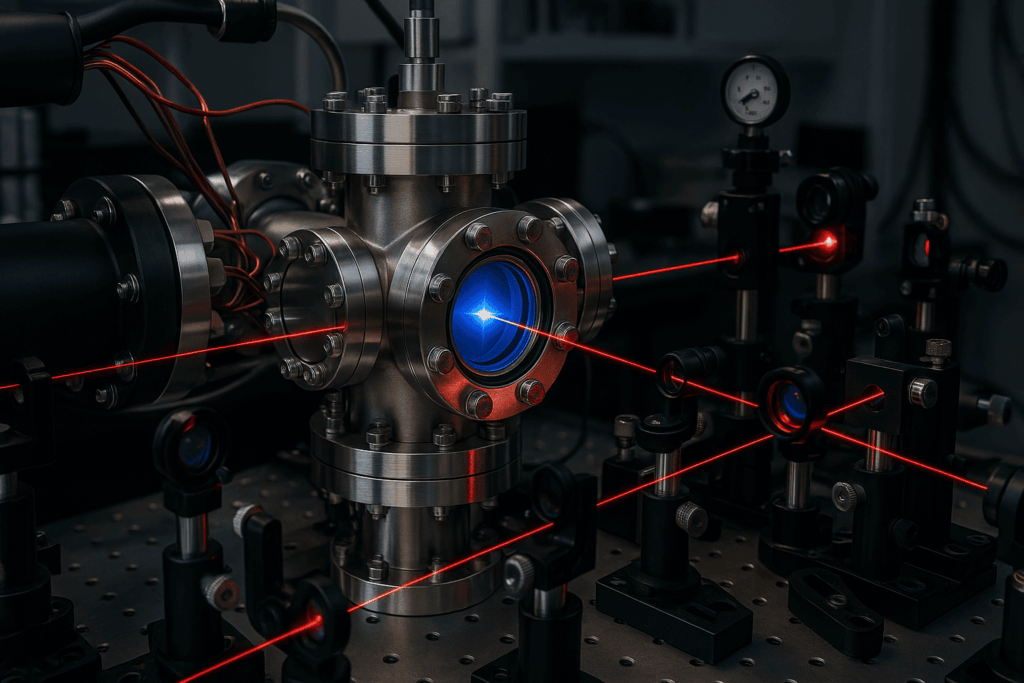Insider Brief
- Fast on the heels of Japan’s announcement that its installed its second quantum computer, the country appears to be purchasing two more devices – from US-based companies.
- The country announced that it has signed a contract with IBM for a superconducting device and with Quantinuum for a trapped ion quantum computer.
- Japan is building on its national plans to become a global quantum leader and incorporate quantum tech across its society and economy.
- IBM recently announced that its superconducting processor achieved the highest number of qubits for gate based computation and Quantinuum just disclosed 3 logically encoded qubits ran, for the first time, fault tolerant quantum algorithms.
Japan, which recently announced the installation of a second quantum computer, seems to be making way for two more in the rapidly expanding quantum ecosystem there. The latest round of quantum installations may include a trapped ion quantum computer, which will be the first device of that modality in that nation.
According to an announcement in the Japanese online official gazette and translated into English, the National Research and Development Agency, RIKEN will purchase a trapped ion quantum computer with dedicated access rights from Quantinuum and a superconducting device from IBM.
The official gazette announces large Japanese government contracts.

The gazette entry suggests the deals were officially signed on Oct. 10 and the expected date of the contract award is set at Nov. 1, 2023.
Trapped ion quantum computers are systems that rely on ions as quantum bits (qubits), suspending them in space using electromagnetic fields and manipulating their quantum states with laser beams to perform computations. A superconducting quantum computer uses superconducting circuits, which allow electric current to flow without resistance, to create and manipulate quantum bits (qubits) for executing quantum computations.
Recently, Fujitsu and RIKEN announced the installation of a 64-qubit superconducting quantum computer, which will be integrated with a 40-qubit quantum computer simulator. In the spring, the Japanese government said it would invest 4.2 billion yen — or $31.7 million US — to support the expansion of shared quantum computing through a cloud platform.
This additional procurement of quantum computers demonstrates that Japan is serious about its ambitions to be a leader in quantum computing and is delivering on its 2022 quantum strategy update. In 2022, the nation released an updated plan that In April 2022, the Japanese government formulated a new strategy, named the Vision of Quantum Future Society, that aimed to embed quantum technology throughout social and economic systems, as well as create opportunities for sustainability.
If you found this article to be informative, you can explore more current quantum news here, exclusives, interviews, and podcasts.
















